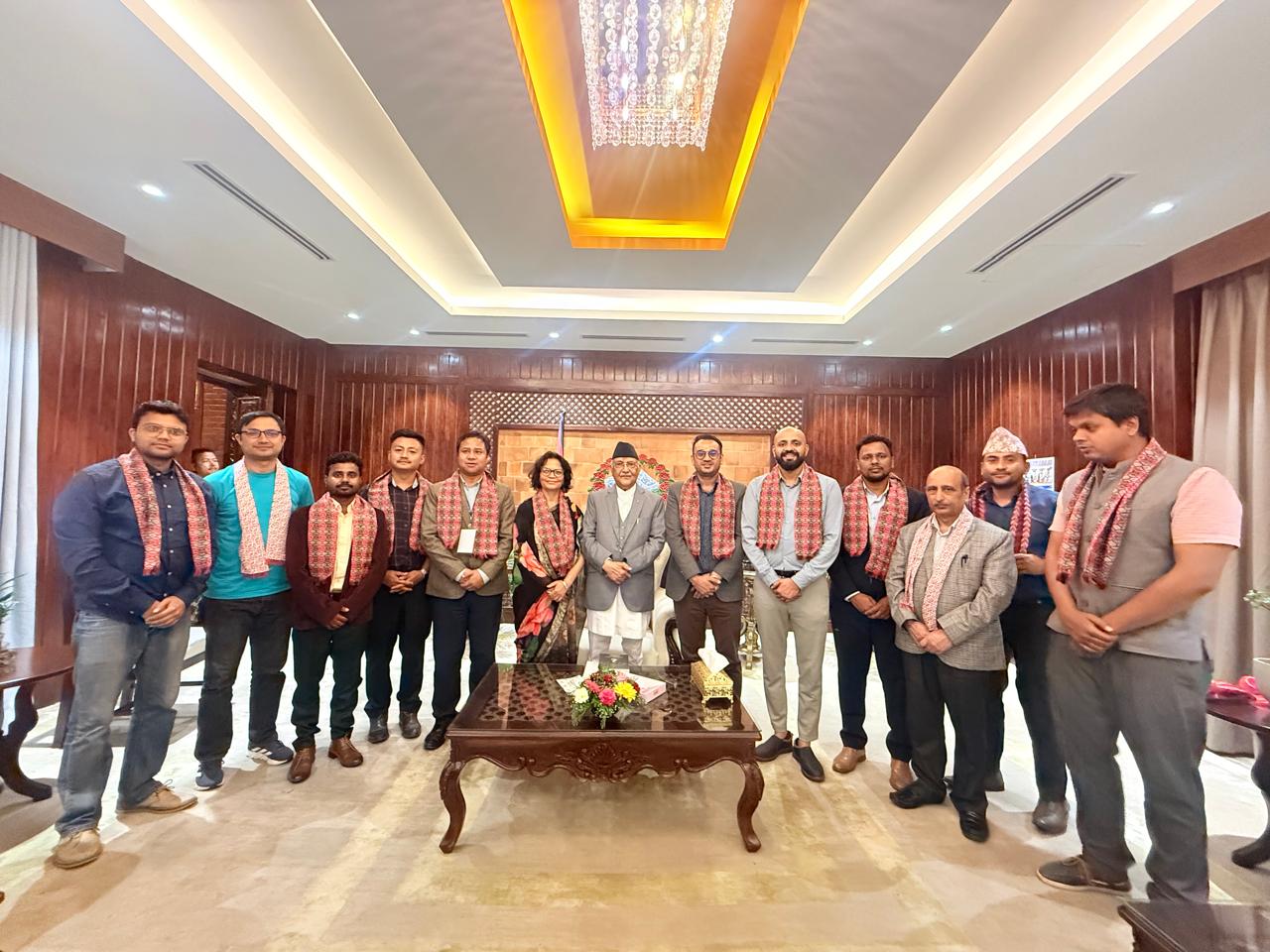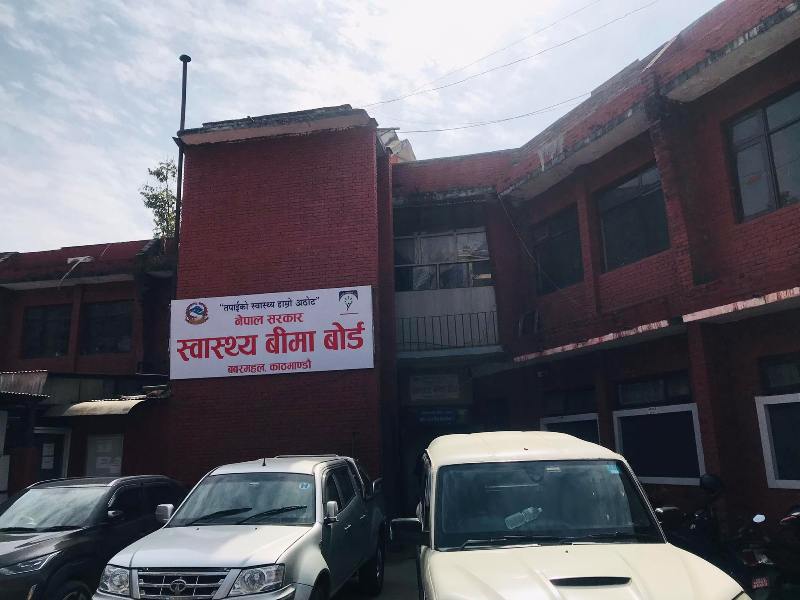
Once considered a tropical ailment, chikungunya—a mosquito-borne virus notorious for its debilitating joint pain—is now making its presence felt in parts of the United States. While health advisories and vaccine discussions are underway, several lesser-known aspects of this “bone-breaking fever” remain under the radar. Here are five critical insights about chikungunya that are often overlooked:
1. Subtle Onset: From Minor Twitches to Severe Pain
Chikungunya often begins with inconspicuous symptoms—a slight twitch in the toes or fingers. This is typically followed by a mild fever lasting 2 to 3 days. However, the real challenge arises when the virus induces joint pain and rashes, symptoms that can be easily mistaken for dengue. The severity and location of pain vary among individuals, making each case unique.
2. The Paradox of Rest and Movement
Contrary to common recovery advice, both rest and movement can exacerbate chikungunya-induced pain. While inactivity leads to joint stiffness, even minimal movements, like lifting a cup, can feel excruciating. Patients often describe their limbs as fragile, as delicate as glass that could break at any moment, highlighting the complex nature of recovery.
3. Unpredictable Recovery Timeline
Recovery from chikungunya doesn’t adhere to a standard timeline. Even after the fever and rash subside, joint inflammation can persist for weeks, months, or even years. Some individuals report recurring pain, especially during colder weather or after physical exertion, underscoring the virus’s long-term impact.
4. Complexities Surrounding the Vaccine
The chikungunya vaccine, Ixchiq, has been a topic of discussion, especially concerning its suitability for older adults. Reports have emerged advising older travelers to avoid the vaccine due to potential heart and brain complications. This highlights the need for personalized medical consultations before vaccination.
5. Misdiagnosis Risks Due to Symptom Overlap
Chikungunya shares symptoms with other mosquito-borne diseases like dengue and Zika, including fever, rash, and joint pain. This overlap can lead to misdiagnosis, delaying appropriate treatment. Accurate diagnosis is crucial for effective management and recovery.
swasthyaadmin
Published: May 14, 2025









